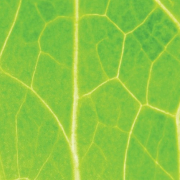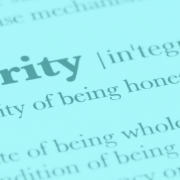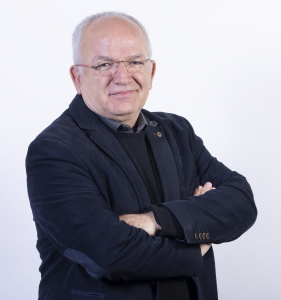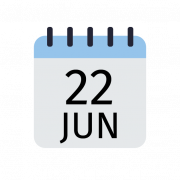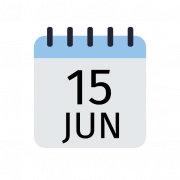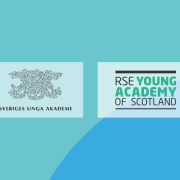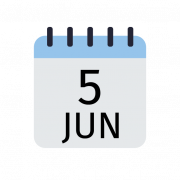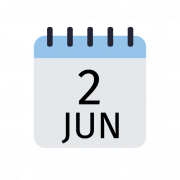Consumers Shouldn’t be Solely Responsible for Shift to Sustainable Food Consumption, Academies Advise European Commission
A group of renowned scientists nominated by European academies through the European Commission’s Scientific Advice Mechanism have advised Commissioners on how to transform European food consumption to become healthier and more sustainable. The advice comes in response to a request from the College of Commissioners to inform the revision of the EU’s Farm to Fork strategy. The SAPEA evidence review report, which was coordinated by ALLEA, was submitted this morning in Brussels. The report addresses key policy areas including pricing, availability, composition, and the social and digital environments that influence which foods people consume.
SAPEA, as a part of the Scientific Advice Mechanism, is a consortium of academy networks that includes over a hundred academies, young academies, and learned societies. ALLEA President and Chair of the SAPEA Board Antonio Loprieno states,
“We formed a powerhouse of interdisciplinary expertise to deliver a comprehensive report on sustainable food consumption. This approach is unique in Europe, and we are proud to deliver this evidence to the European Commission”.
Europe’s current food system has a major impact on the environment, and poor-quality diets are also linked to risk of disease, obesity and overweight — which affect around 60% of adults and 30% of children in European countries, evidence shows. The experts advise unburdening the consumer and making sustainable, healthy food an easy and affordable choice. Professor Erik Mathijs, Chair of the SAPEA working group that reviewed the scientific evidence says:
“Policies should address the whole food environment, anywhere where food is obtained, eaten, and discussed, such as shops, restaurants, homes, schools, and workplaces, and increasingly also digital media.”
Because of this complexity, it is crucial to follow the scientific evidence for decision-making, he added. Based on this evidence, the Group of Chief Scientific Advisors to the European Commission – another key part of the Scientific Advice Mechanism – recommend a range of evidence-based measures for promoting healthy and sustainable food choices, including:
Pricing: There is clear evidence that direct measures are effective. This includes sugar taxes, meat taxes, and pricing products according to their environmental impacts, as well as lower taxes on healthy and sustainable alternatives.
Availability and visibility: Healthy and sustainable food options are more frequently chosen if they are displayed in prominent places. The advertising of foods which are unhealthy or unsustainable if consumed regularly should be restricted. Voluntary codes of conduct in this area have not been effective.
Composition: Reducing unhealthy fat, sugar, and salt content, and adding more plant-based alternatives, can be helpful — but only if these measures are mandatory and comprehensive. The evidence shows that past voluntary agreements have had limited effect.
It will be critical to create an environment that allows all stakeholders to work towards the goal of healthy and sustainable food, following fair rules. This approach may also help to overcome opposition from those who profit from the current system, including some large private sector organisations with powerful voices, scientists advised.

